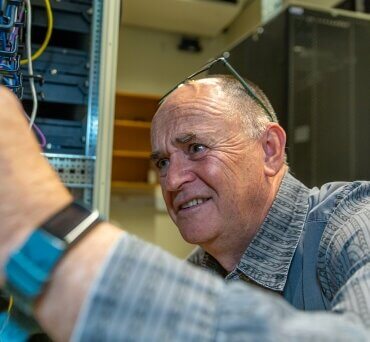
Te Hapori Matihiko Living Icon award winner Te Taka Keegan says he has more work to in the Māori data sovereignty field.
Waikato-Maniapoto’s Te Taka Keegan says he was surprised at being named a living icon for his work weaving Te Reo Māori into technology.
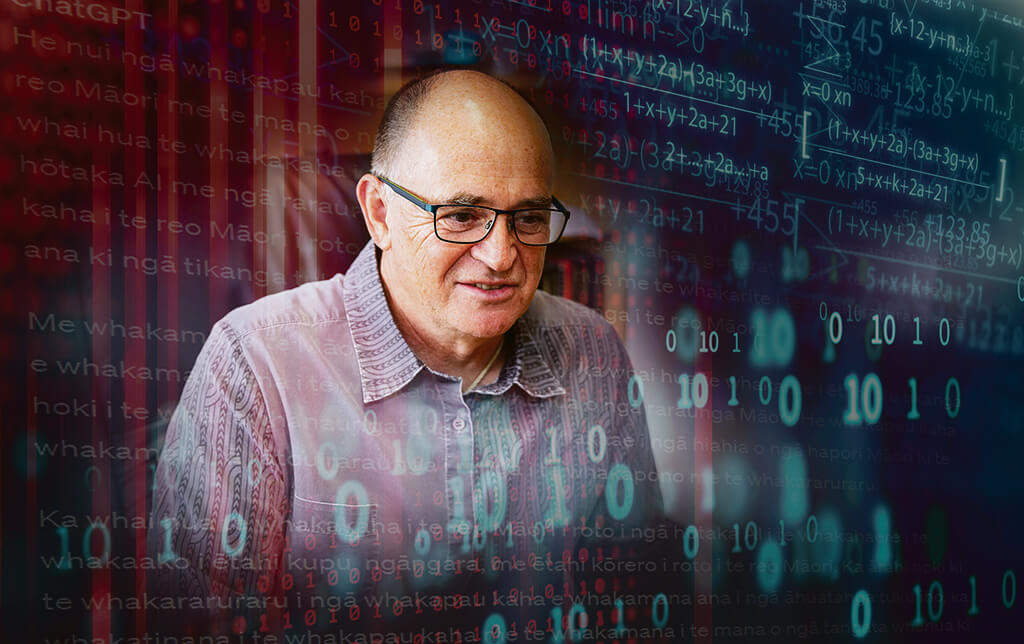
Te Hapori Matihiko Living Icon award winner Te Taka Keegan says he has more work to in the Māori data sovereignty field.
Keegan, a University of Waikato Department of Software Engineering associate professor who lives in Ngāhinapōuri with his wife Ari, has worked with both Microsoft and Google on several hardware and software projects and is co-director of the university’s Artificial Intelligence (AI) Institute Māori.
Te Hapori Matihiko, a global community for Māori working in the digital and technology industries, recognised a lifetime achievement in service to Māori and the digital tech sector by presenting Keegan, also Associate Dean of Māori, with the Living Icon award in Christchurch.
“I was a little bit surprised,” Keegan told The News after receiving the award.
He felt there were other people in the room more deserving of the organisation’s top award.
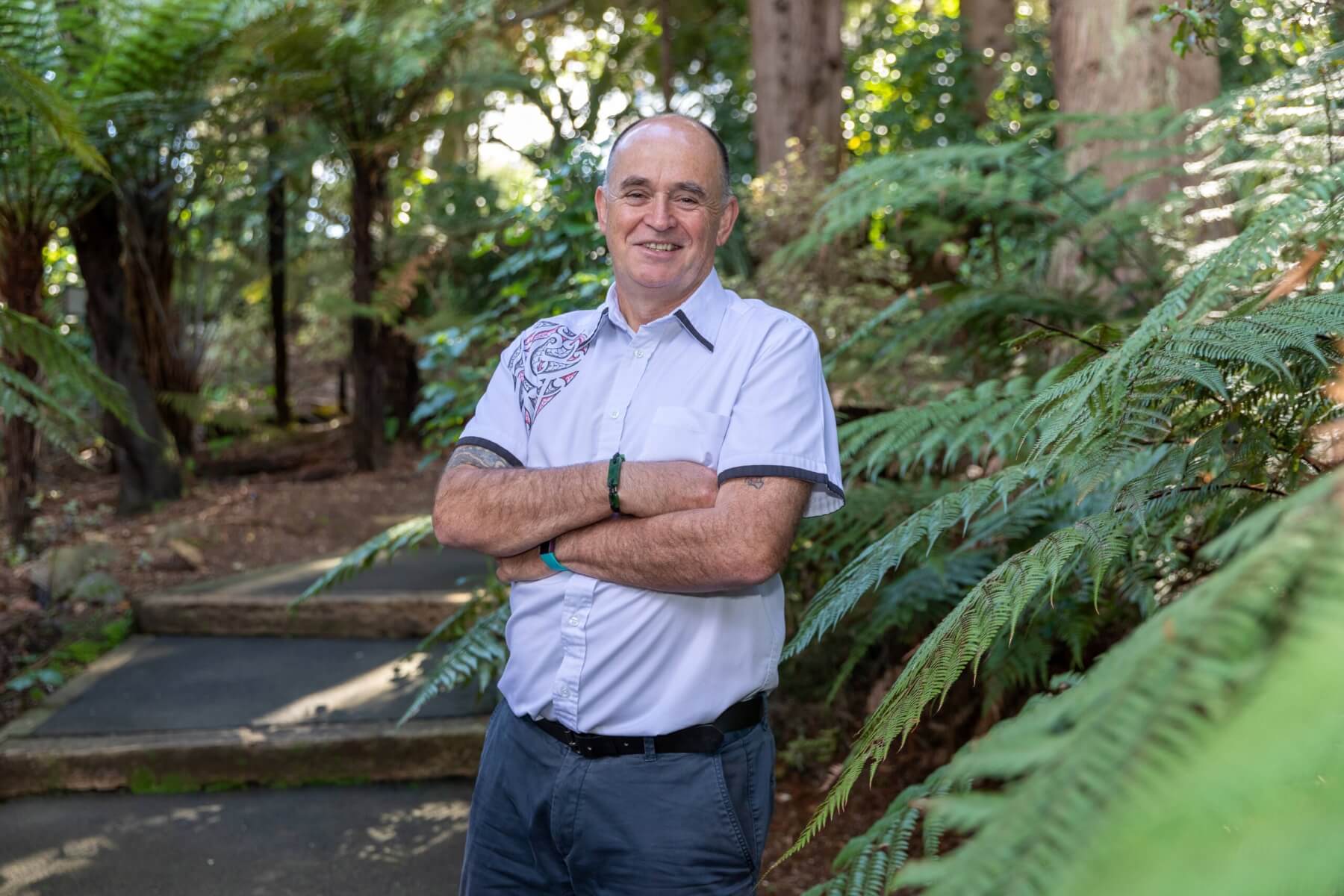
Te Hapori Matihiko Living Icon award winner Te Taka Keegan says he has more work to in the Māori data sovereignty field.
“I did not prepare a speech,” he said.
Keegan, 59, who is also of Ngāti Porou and Ngāti Whakaue descent, worked with Microsoft from 2000 to 2004 enable computer keyboards to produce the special markings needed in typing te reo Māori and joined a Microsoft team that created te reo versions of the Windows operating system and Office productivity suite now called Microsoft 365.
In 2009, Keegan spent six months at Google’s headquarters in Mountain View, California as a visiting scientist where he helped integrate te reo Māori into the Google Translator Toolkit laying the groundwork for its inclusion in Google Translate.
His role was cultural as well as technical, ensuring the translation tools respected the nuances of te reo, empowering Māori speakers to use digital tools in their own language.
He has also been involved in ensuring a te reo Māori newspaper collection of 180,000 pages from the 1830s to the 1940s is available via Google search.
Keegan received the University of Waikato’s Māori/Indigenous Excellence Award for Research in 2013 and Prime Minister Bill English’s Supreme Award in 2017 for weaving his love for te reo Māori with computers.
Keegan may have won a lifetime achievement award, but he has much more he wishes to achieve.
“With the recent advancements in Artificial Intelligence, numerous opportunities are arising where these new technologies can support indigenous languages and in particular, te reo Māori,” he said.
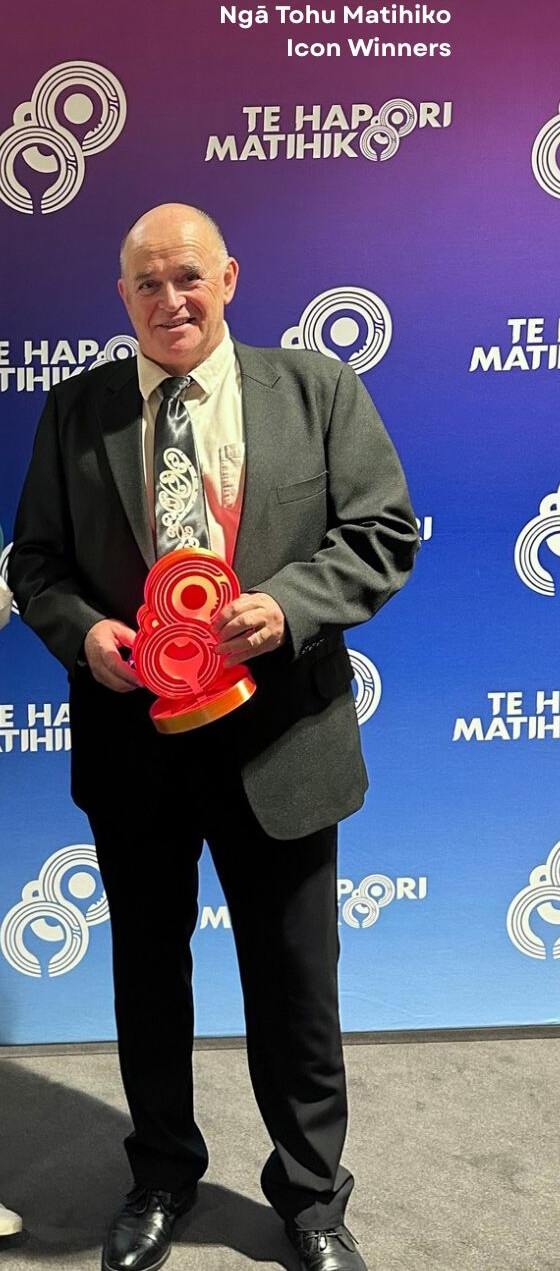
Te Taka Keegan with his award
“Some of the latest AI converse in te reo Māori very well, but these tools are built on data where consent wasn’t given for AI use. Consequently, it is a breach of Māori Data Sovereignty, and a significant misappropriation of a Māori language data.
But opportunities exist say Te Taka, where authorised Māori language data can be used to build sovereign AI systems that have complete iwi Māori autonomy. That’s where I want to concentrate my efforts over the next few years, working with organisations like Te Kāhui Raraunga and Te Whare Wānanga o Waikato, to build intelligent knowledge systems that encompass mana motuhake, for the benefit of future generations.”
Waikato software specialist Company-X co-founder David Hallett said he had always admired how Keegan has brought together deep cultural knowledge and technical skill.
“In an industry that often races ahead, he’s managed to ground progress in something meaningful: our language, our stories.
“His work hasn’t just opened doors for te reo Māori in tech, it’s also influenced the way many of us think about what meaningful innovation actually looks like.”
Te Awamutu based Te Wananga o Aotearoa chief executive Evie O’Brien said Keegan’s work looked really interesting.
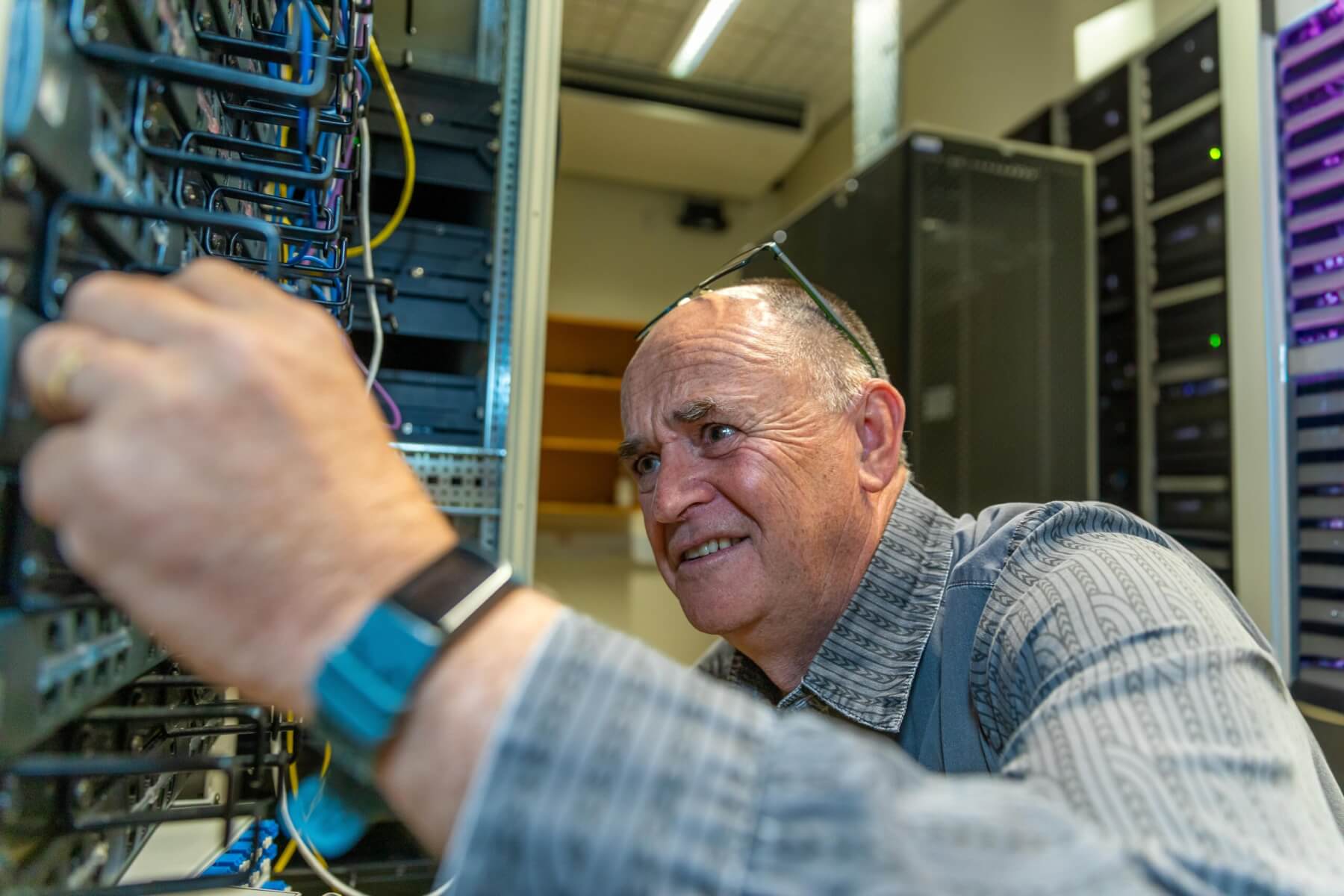
Te Hapori Matihiko Living Icon award winner Te Taka Keegan says he has more work to in the Māori data sovereignty field.








